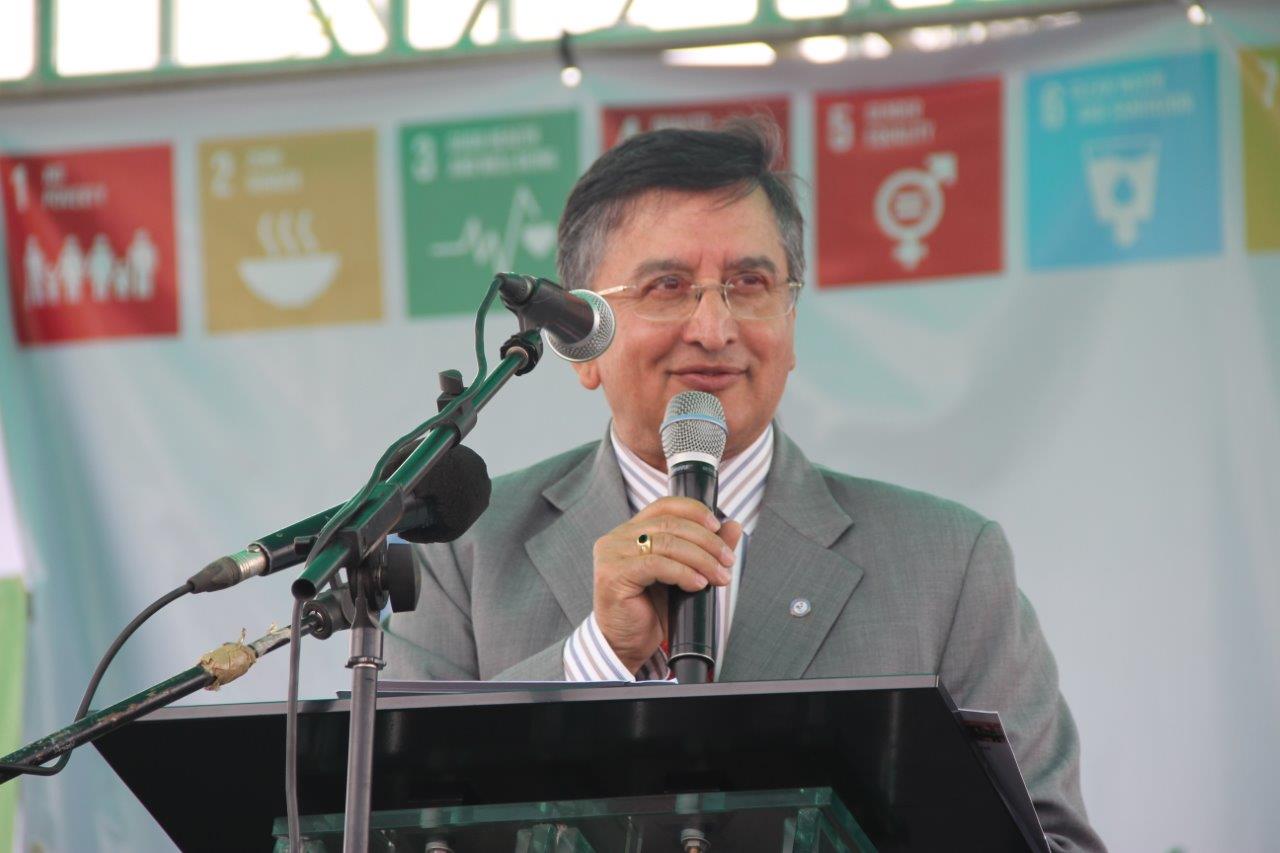By Edward Makuzva
The partnership between Zimbabwe and United Nations (UN) is guided by the Zimbabwe United Nations Development Assistance Framework, ZUNDAF, which is a strategic programme framework to support national programmes priorities.
Addressing delegates on Friday, in the capital UN Communications officer, Tafadzwa Mwale added through ZUNDAF, the UN in Zimbabwe helped the government in various development aspects that include developing planning, promoting governance, livelihoods, health, constitution making process, HIV and AIDS, education and humanitarian assistance.
Mwale said the UN system currently provides about US $ 400m worth of development assistance.
“The United Nations family has also managed to provide drought and flood related humanitarian assistance, thereby contributing to the improvement in the livelihoods of the people of Zimbabwe.
“ During the period 2000- 2015, the UN provided support to achieve the Millennium Development Goals (MGDs) .Much progress was made in health and education, gender equality and in reducing HIV and AIDS.
“Some of the key results during this time include a one third decline of the maternal mortality rate, a doubling of the immunisation rate, with 69 % of children now covered”, Mwale explained.
Mwale highlighted that the UN is providing support to the government to achieve the Sustainable Development Goals (SDGs), whose overarching development framework is to eliminate poverty in all dimensions, make societies inclusive, peaceful and empowering.
Speaking at the same occasion Implementation, Monitoring and Evaluation Director in the President’s office Anderson Chiraya said Zimbabwe and UN has a strong relationship that has been built over a long time.
Chiraya said the journey travelled by UN has been eventful and interesting since Zimbabwe joined the United Nations on the 25th of August 1980.
“A number of challenges emerged over the course of the year, affecting work of the Un IN Zimbabwe. This has caused the fiscal space to be very is limited with over 90% of the natural budget going to human resources, employment costs, preventing much – needed expenditure on public investments and social services.
“ In some sectors this shifted focus from longer term development assistance to shorter term humanitarian assistance.
“However in this environment the UN, together with its partners, delivered development programmes worth US $322m and mobilized US $ 214m for the UN and NGOs to undertake humanitarian drought response”, said Chiraya.
Meanwhile the ZUNDAF guides the work of all UN agencies with programmatic presence in the country.
